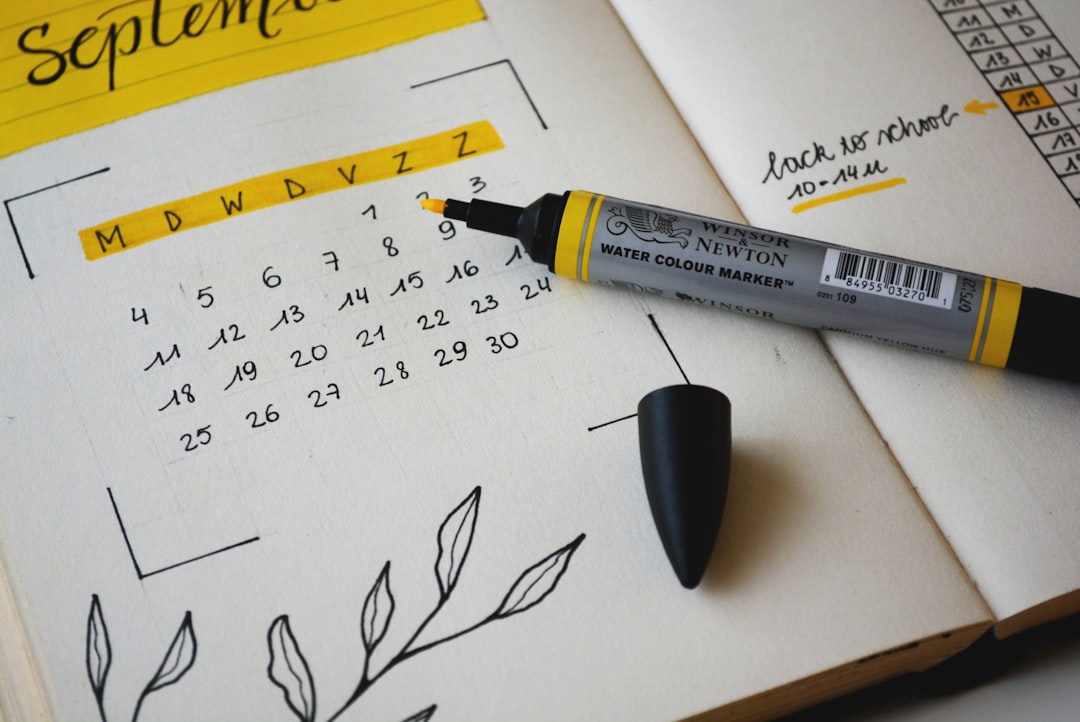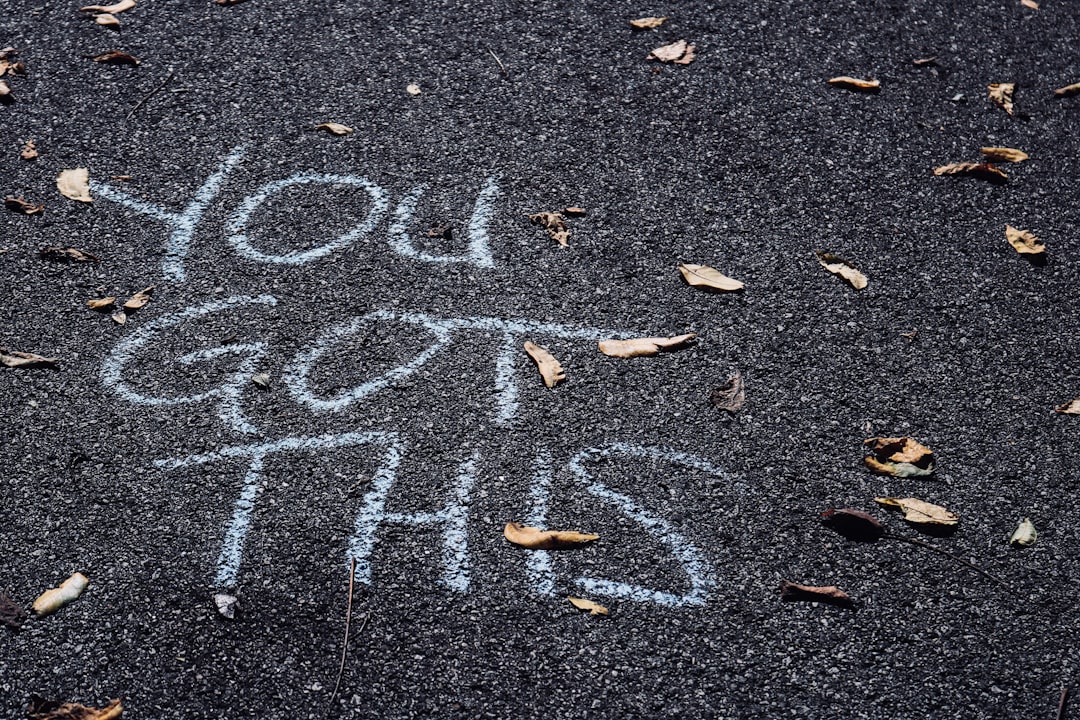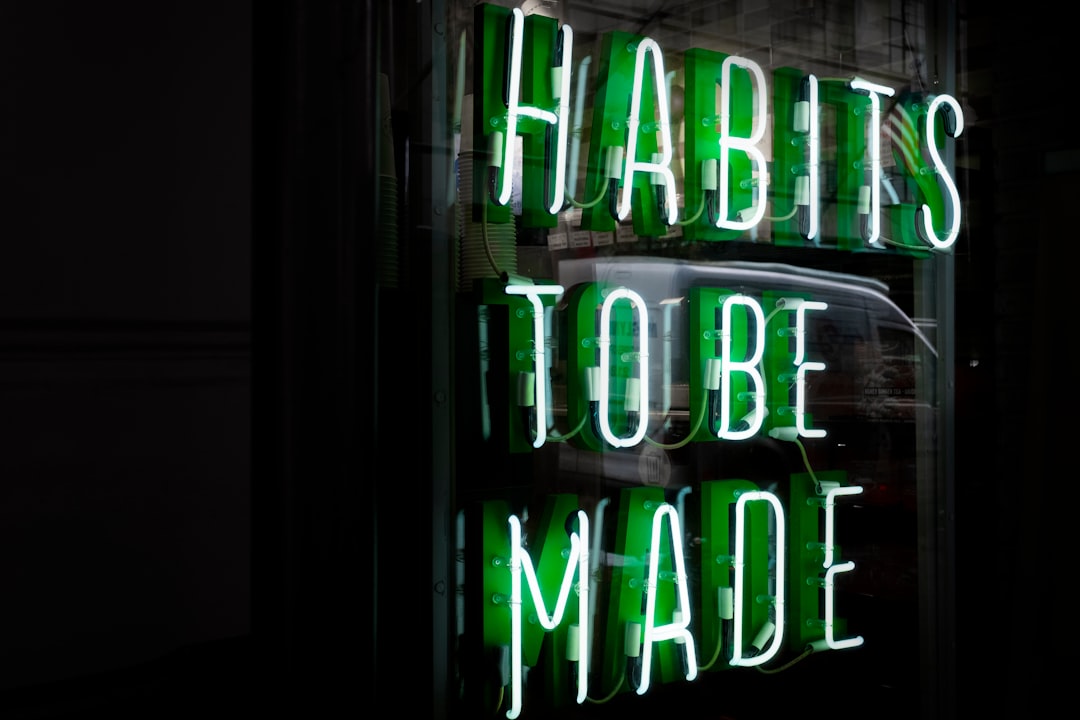
Success doesn’t come from random hustle or overnight luck. It comes from systems. Specifically, the systems you repeat every single day. The habits of high performers aren’t flashy. They’re foundational. It’s the structure behind the scenes that fuels the spotlight moments. And if you’re serious about growing a business, scaling your income, or simply getting more done in less time, it starts with how you plan your day.
Let’s break down the daily rhythms of top entrepreneurs and how you can borrow the habits of high performers to build a routine that actually works.
The Power of Intentional Planning

One of the most defining habits of high performers is that their day is planned before it begins. That doesn’t mean every minute is micromanaged, but it does mean they wake up knowing what matters most.
They don’t start the day in their inbox or scroll Instagram to figure out what to do. They already know. They choose their priorities on purpose the night before or at the beginning of the week.
Why? Because making decisions drains energy. It’s called decision fatigue. High performers avoid it by building structure. They know their brain power is best spent on deep work and creative strategy—not figuring out what to eat, what to wear, or what to work on next.
If you want to boost your productivity, try planning tomorrow’s top 3 tasks before today ends. That one shift can change everything.
Morning Routines That Anchor Success

The habits of high performers almost always begin before the workday officially starts. Morning routines are a recurring theme across top entrepreneurs for a reason: they anchor the mind and body.
Hydration. Movement. Mindset work. These aren’t luxuries. They’re launchpads.
One CEO might start the day with a 5AM workout and meditation. Another might take a quiet walk and journal their goals. It doesn’t have to be intense—it just has to be consistent.
What matters is the intentionality. The day doesn’t own them. They own the day.
For me, most mornings look like this: quiet coffee, light reading or a podcast, a short movement routine, and a quick scan of priorities. No phones. No chaos. Just clarity before the sprint begins.
Deep Work Blocks & Calendar Mastery

The best brains in business have one thing in common: they protect their most creative hours. The habits of high performers include blocking off time for deep, focused work without distractions.
That means no meetings, no Slack pings, no multitasking.
They use tools like Notion, Motion, or even plain old Google Calendar to guard blocks of time where they can think, create, or solve hard problems.
The truth? Most people are stuck in shallow work all day. Busy, but not productive. Checking boxes, but not moving the needle.
Want to break the cycle? Start by carving out a 90-minute block each day for focused output. Defend it like your revenue depends on it—because it probably does.
Habit Stacking for Consistency
High performers don’t just build habits—they stack them.
Habit stacking is pairing a new behavior with an existing one, so it becomes automatic. Like reviewing your calendar right after you pour your coffee. Or recording a video update right after your daily stand-up.
The habits of high performers are sticky because they’re not random. They’re built into existing patterns. And once they’re baked into the day, they don’t require as much willpower to maintain.
AI can help here, too. Set reminders in Notion. Create automations that trigger after you complete a certain task. Use ChatGPT to generate your journaling prompts each morning.
The easier you make it to follow through, the more likely you are to stay consistent.
Energy Management Over Time Management

This might be the biggest mindset shift of all: high performers don’t just manage time. They manage energy.
They know when they’re sharpest, most focused, and most creative—and they plan their day accordingly.
You won’t catch them doing strategy work in an afternoon slump. And you won’t find them scheduling back-to-back calls if they know it drains their output for the rest of the day.
They design their days around when they function best. That might mean morning deep work, afternoon admin, and evening walks to reset.
Instead of trying to squeeze in more tasks, focus on doing your most important tasks when you have the most energy. That’s how the habits of high performers actually scale results.
Tools High Performers Actually Use
Yes, habits are human—but they’re also supported by smart systems.
Notion dashboards to organize everything. Motion to automate scheduling. ChatGPT to write email drafts, brainstorm content, or help create SOPs.
High performers don’t waste mental energy on things AI or automation can handle.
The tools don’t do the work for them—they just make it easier to do the right work, faster.
Here are some of the most commonly used tools high performers lean on:
Notion – A customizable productivity hub that serves as your second brain. Use it for goal setting, daily planning, tracking habits, and keeping all your content and ideas in one place.
Motion – This AI-powered calendar and project management tool helps automatically plan and reprioritize your tasks based on availability and deadlines. It’s a lifesaver for staying focused without having to micromanage your to-do list.
ChatGPT – Perfect for content generation, idea brainstorming, email drafting, scripting SOPs, and breaking down complex strategies into actionable steps. It’s like having an on-call assistant that never sleeps.
Toggl Track – Used to monitor time spent on tasks, helping high performers identify energy drains and optimize their daily routines for peak efficiency.
Loom – Great for async communication. High performers use Loom to record walkthroughs, updates, or team feedback to cut down on meetings.
Zapier/Make.com – Automation tools that eliminate repetitive tasks like lead routing, content publishing, or file organization. Once set up, they create space for deep work by minimizing admin busywork.
SaneBox – An inbox management tool that filters out noise and keeps your email focused on what matters. For those who manage high volumes of communication, this keeps the chaos at bay.
If you’re still using your brain for storage instead of strategy, it’s time to upgrade. The habits of high performers are built on clarity, and clarity comes from clean systems.
Mindset Habits You Don’t See on Instagram
Not every habit of a high performer looks sexy on a checklist. Some of the most important ones are internal.
Reflecting on wins and lessons daily. Practicing gratitude. Creating space to think.
They take time to ask, “What’s working?” and “What’s not?” They course-correct before things spiral. They separate identity from outcomes and treat failure as feedback.
These habits are harder to post about—but they’re the glue that holds everything else together.
How to Build Your Own High-Performance Routine

You don’t need to copy someone else’s day. But you do need a structure that supports your goals.
Start by auditing how you currently spend your time. Where are the leaks? What’s taking more energy than it should?
Then, layer in new habits slowly. One or two at a time. Stack them onto things you’re already doing. Use AI to make them easier to stick to.
Finally, track what’s working. Weekly reviews. Check-ins. Pattern spotting.
This isn’t about perfection—it’s about iteration.
You Don’t Need More Time, You Need Better Habits

The habits of high performers aren’t about doing more. They’re about doing less, better.
They plan their days on purpose. They protect their energy. They design routines that make success feel automatic.
If you want to grow your business, stop winging it.
Structure creates freedom. And the right habits create unstoppable momentum.
FAQs
What’s the #1 habit of high performers? Intentional planning. They don’t let the day decide their direction—they decide it ahead of time.
How long does it take to build high-performance habits? It varies, but consistency over 30-90 days is a solid start. The key is to build slowly and stack habits onto existing routines.
Do all successful entrepreneurs wake up early? Not necessarily. What matters more is how they use their peak energy hours—early bird or night owl.
How can I stick to a high-performance routine? Use habit stacking, calendar blocks, automation, and weekly reviews to stay on track. Accountability helps, too.
Can AI really help with productivity and focus? Yes. AI tools like ChatGPT, Notion AI, and Motion can help you plan, write, automate, and stay consistent—freeing up your brain for high-impact work.


